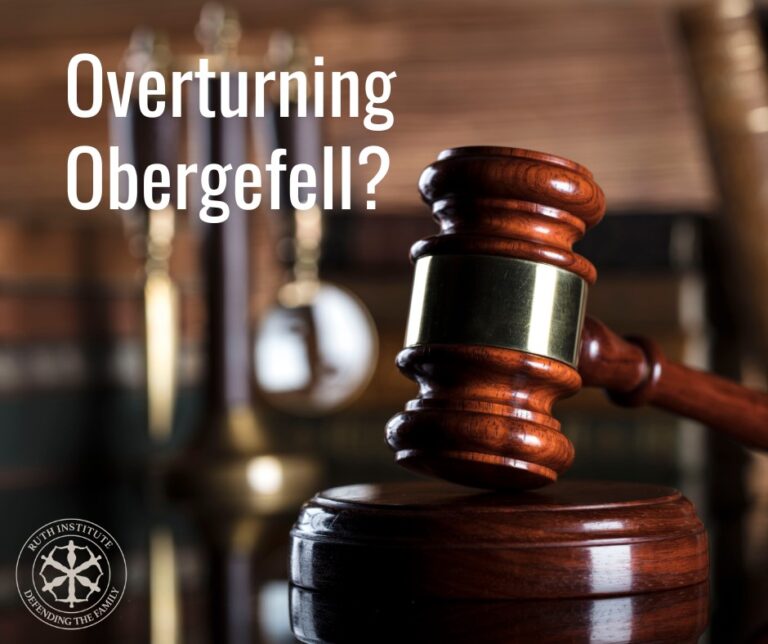COMMENTARY: Why language matters in the context of the heated debate over ‘transgender’ issues.
Editor’s Note: This is the first installment of a two-part series on the issues surrounding gender identity.
By Jennifer Roback Morse February 26, 2024, at National Catholic Register

Watch your language… You should not say “transgender.”
I can hear the howls already: You are erasing trans people!
I’m not trying to “erase” anyone.
My point is that the words “trans” or “transgender” are used to mean so many different things, that these terms create more confusion than clarity. Let’s make sure we understand each other, that’s all. Let’s get started.
The American Psychological Association offers the following definition of transgender:
Transgender is an umbrella term for persons whose gender identity, gender expression or behavior does not conform to that typically associated with their biological sex.
Notice that this definition contains other words that need to be defined. The APA defines the terms “gender identity” and “gender expression” this way:
Gender identity refers to a person’s internal sense of being male, female or something else.
Gender expression refers to the way a person communicates gender identity to others through behavior, clothing, hairstyles, voice or body characteristics.
Notice that “gender identity” appears in both definitions. In that sense, “gender identity” is the core concept. And “gender identity” is entirely subjective, by definition. There can be no objective, measurable definition of “gender identity,” since it is based entirely on the individual’s feelings.
Feelings aren’t static. They can even be volatile. A person’s “internal sense” of self, including the parts relating to gender, can change over time. In fact, peoples’ mature sense of themselves should be different from their younger sense of self.
More importantly, for public purposes, no one can observe another person’s interior life. I can’t tell if you are telling me the full truth about your authentic self. You may be kidding yourself. You may be indulging in wishful thinking. You may be flat-out lying. We have no public, observable, objective criterion by which to judge another person’s interior life.
I encourage you to read the entire APA page that I’ve linked to. You will look in vain for any physical symptoms; a blood test, a DNA test, even a persistent pattern of behavior that someone else might be able to verify.
This is important because it means people can define their “gender identity” any way they want. No one has solid grounds for challenging their “internal sense” of themselves. This in turn, is important because our society is in the process of creating legal rights and protections for a new category called “transgender.”
Trans Rights Activists (sometimes abbreviated to TRA) wish to impose obligations that other people owe to the “transgender” person. Before we accommodate this demand, it would be prudent to take full notice of the fact that people can define themselves into or out of this new legal category called “transgender” for any reason they want.
Let me give you some examples of some very different kinds of people who are currently wearing the “transgender” label.
About the Ruth Institute
The Ruth Institute is a global non-profit organization, leading an international interfaith coalition to defend the family and build a civilization of love.
Jennifer Roback Morse has a Ph.D. in economics and has taught at Yale and George Mason University. She is the author of The Sexual State and Love and Economics – It Takes a Family to Raise a Village.
To get more information or schedule an interview with Dr. Morse, contact media@ruthinstitute.org.





